Deputy Minister Liew Chin Tong of MITI emphasized the strategic importance of the iron and steel industry and reiterated the ministry's commitment to enhancing the sector in alignment with the New Industrial Master Plan (NIMP 2030). At a recent Malaysia Steel Council (MSC) meeting, he expressed MITI's eagerness to collaborate with industry stakeholders to foster a more sustainable, dynamic, and globally competitive iron and steel sector.
Liew highlighted projections indicating a doubling of steel production capacity in Southeast Asia from 75.3 million tonnes in 2021 to 151.9 million tonnes by 2026, contingent upon the realization of potential investments. He mentioned Malaysia's advocacy for addressing steel industry overcapacity in Southeast Asia at the ASEAN Economic Ministers' Retreat in March 2024, with the ASEAN Secretariat endorsing further discussions on this matter at the regional level.
Various critical issues related to the iron and steel sector were deliberated upon, including the enforcement of government procurement (GP) regulations in construction projects to promote local content usage and compliance with local content requirements (LCR). Efforts to strengthen enforcement of export declarations for steel scrap, imposition of a 15 percent export tax on scrap to prioritize local consumption, and curbing evasion of imported flat steel were also discussed.
Liew, who chairs the MSC, emphasized the importance of robust measures to detect and address attempts to circumvent trade regulations or tariffs, including enhanced monitoring of import activities and collaboration with relevant authorities to investigate suspicious transactions.
Looking ahead, Liew highlighted collaborative efforts between MITI, the Malaysia Steel Institute, and MSC members to implement a carbon emission reporting framework, with plans to roll out the initiative across the industry in the latter half of 2024, marking an initial step towards carbon pricing, trading, and taxation.


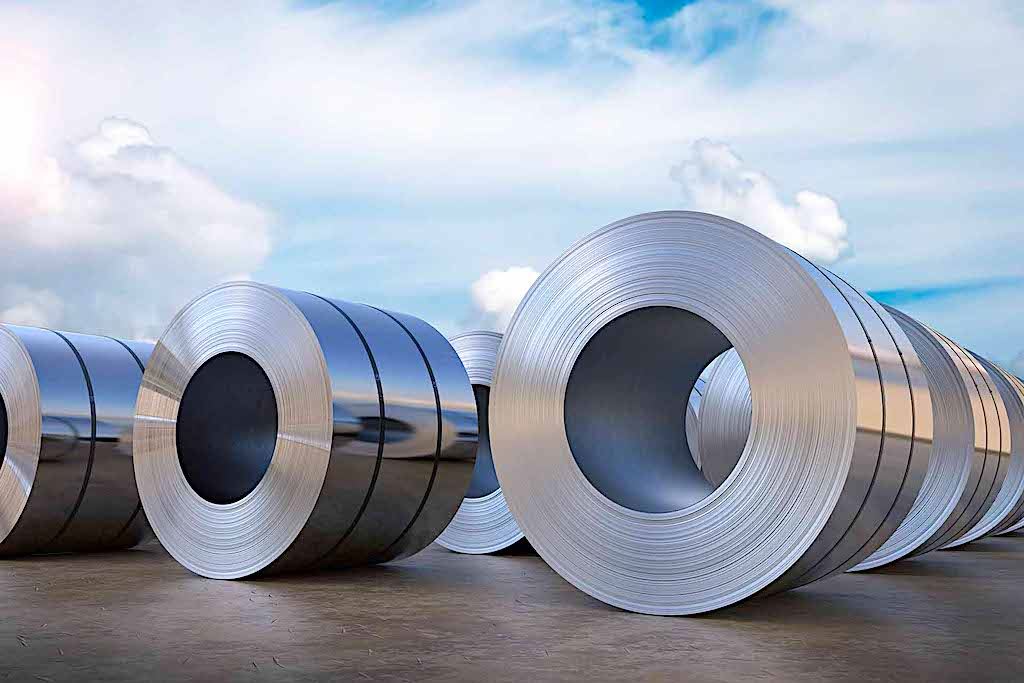

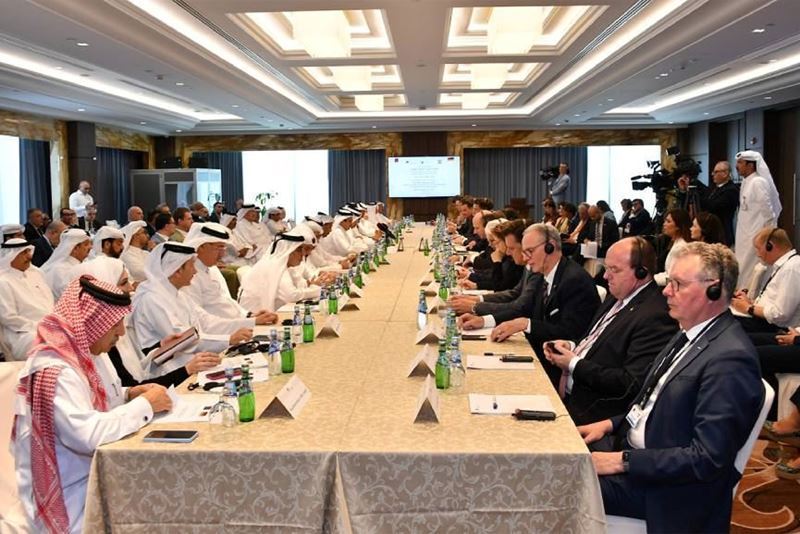
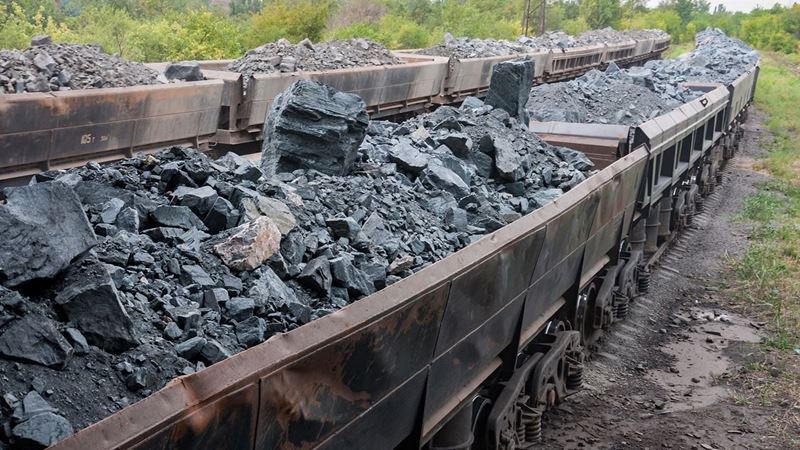
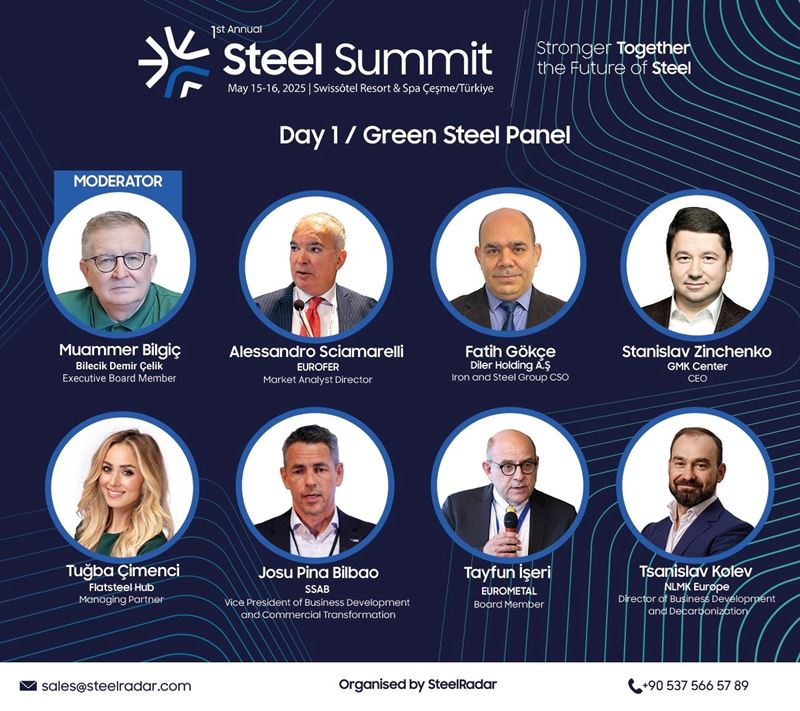
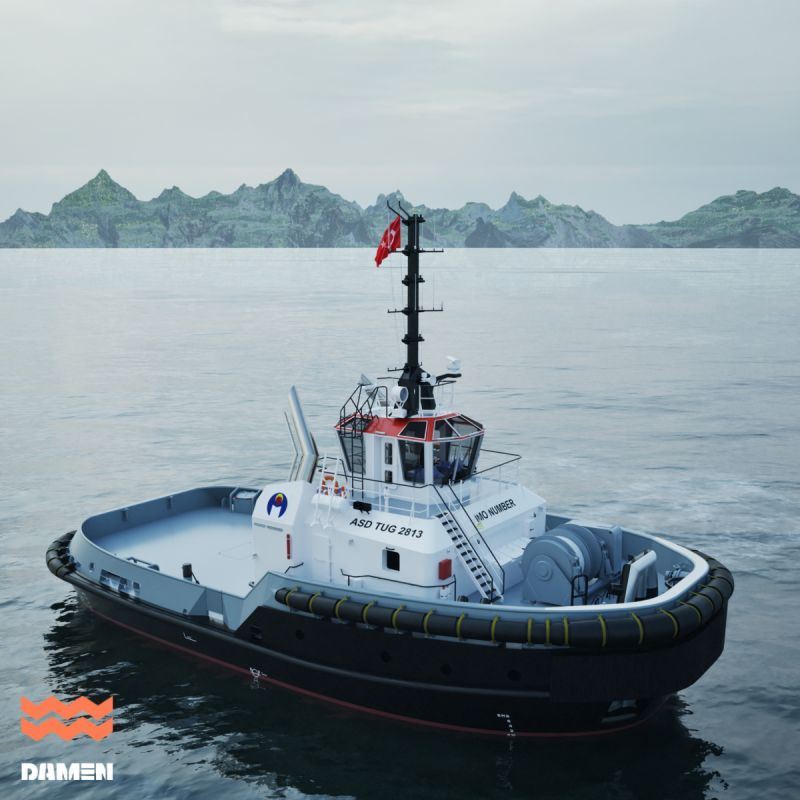



Comments
No comment yet.